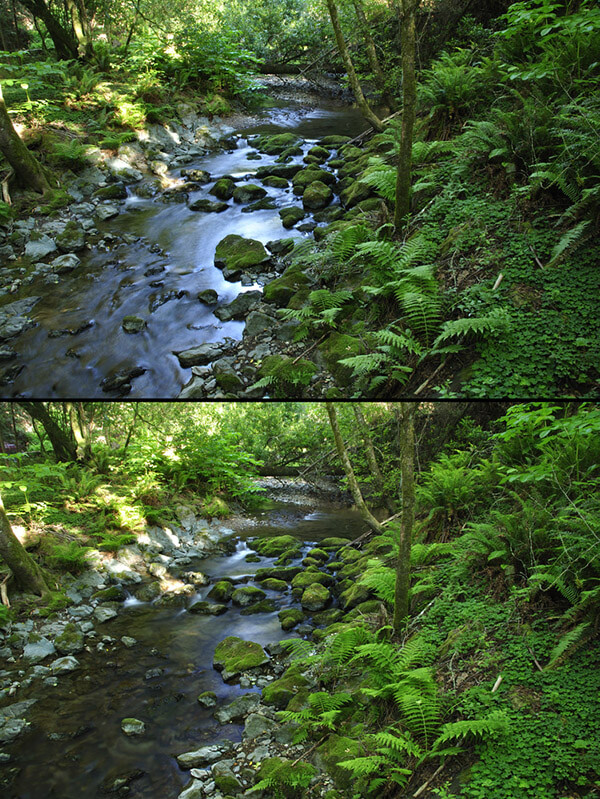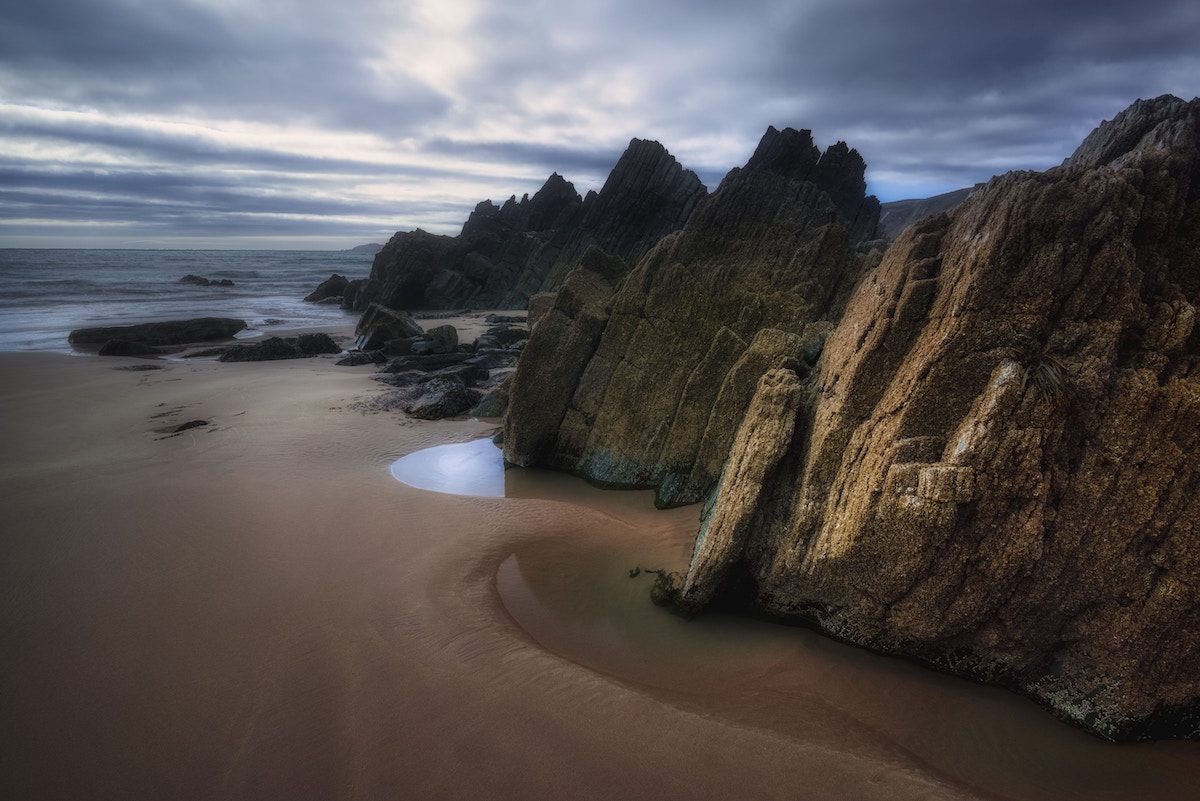Why You Should Use a Polarizing Filter

Why should I be Using a Polarizing Filter?
The need for many types of filters has been eliminated by the capacities of photo editing software. However, polarizing filters are still a must for shooting in many different scenarios. The most important reason to use a polarizing filter is to eliminate reflections. This can be on metallic surfaces, glass, wet surfaces, vegetation, and water. Highlights and reflections can be partially removed in editing after the fact, but when a polarizing filter is used, details are recorded on the camera censor that would not otherwise be recorded if glare or reflection were blocking them.
How do I use a polarizing filter?

The first thing to remember when using a polarizing filter is that you may need to adjust your ISO or aperture to make up for lost light. The filter eats up about 2 stops of light.
A polarizing filter can be rotated to adjust and dial in the exact amount of polarization you want in your image. When viewing the image on your viewfinder, try to find the right balance between minimizing glare, and not making the image too dark. Turn the filter around until you find the right amount of polarization.
Many photographers recommend using polarizing filters to make a blue sky look bluer, however, this is something that can easily be edited in photo editing softwares after the fact, and over-polarizing a shot can make the blue sky become too dark or even appear black.
Over polarizing can cause a vignetting effect on the edges of your image. Vignetting is something that can easily be added post production so you should not use a polarizing filter with this as your intended outcome. The thinner a polarizer is, the less likely you are to experience the vignetting effect, so when shopping for a filter, thinner is better. You should also not use a polarizing filter when shooting panoramic photos, as the vignetting caused by the polarizing filter will make your panoramic image have strange lighting.
So when should I use my polarizing filter?
Just remember that the most important use of a polarizing filter is when shooting anything that might cause reflections or glare, not just glass and metal but also vegetation, rocks and water!
For more about filters, see our ND Filters article!
-- article by: Cynthia Banks.



